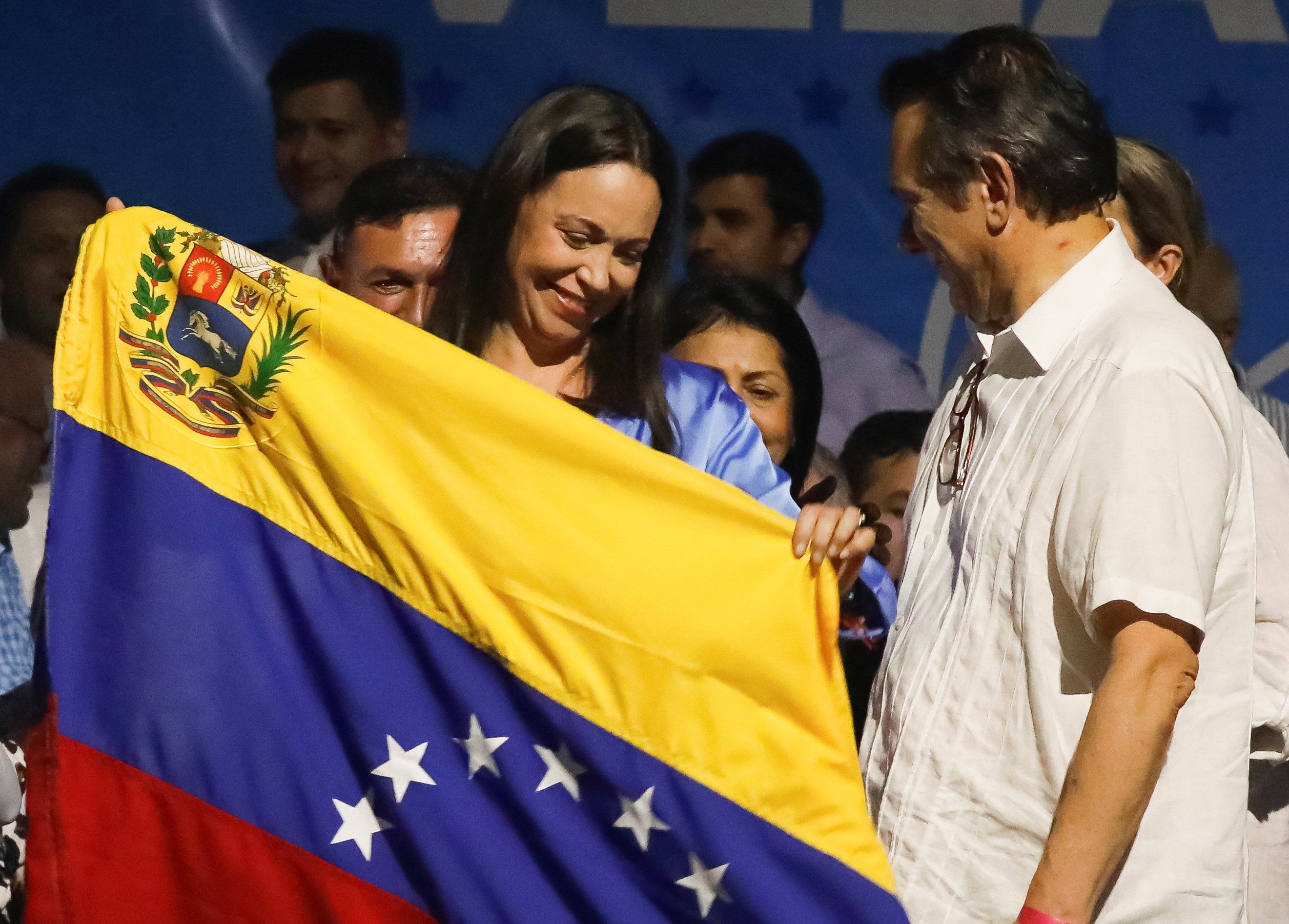Just two weeks after sealing a historic election pact with the opposition, the Venezuelan government announced Monday that it would suspend “all effects” of opposition primaries, thereby jeopardizing a six-month pause of US sanctions on Caracas’ oil.
The decision comes just days after strongman President Nicolás Maduro called the contests a “fraud” — but he’s really afraid of the winner, popular opposition leader María Corina Machado. The election deal was supposed to lift a ban on her and other opposition figures holding office until 2030, but state harassment evidently continues. Fortunately for the ordinary Venezuelans brave enough to go out and vote in an opposition primary, organizers say they destroyed the voter sheets, making state retribution more difficult.
So, will the US keep buying Venezuelan oil? Washington said it would swiftly shut off the taps if Caracas doesn’t follow through with its democratic commitments, but as we wrote earlier, leverage is limited. If Maduro’s options are keeping oil revenue and losing power, or accepting sanctions he’s survived for a decade to stay in control, which do you think he will choose?
Risa Grais-Targow, Eurasia Group’s director for Latin America, says the US will likely find discretion to be the better part of valor under these circumstances. Before snapping back sanctions, she continues, “the US will still wait and see if Maduro takes steps toward allowing candidates to participate in the general election, even if the ruling yesterday seems to go in the other direction.”
